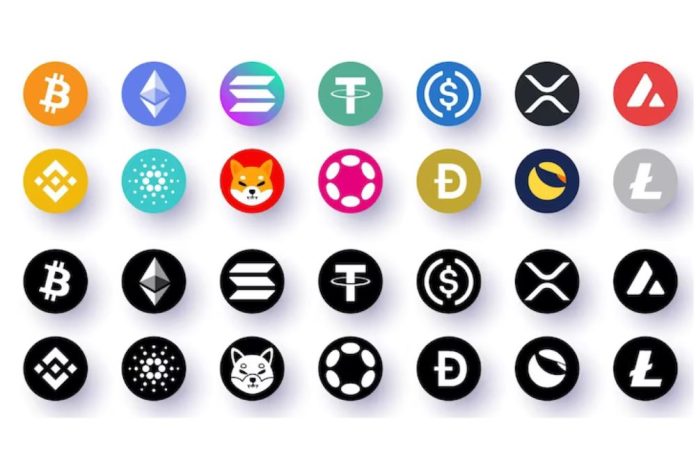The U.S. Securities and Exchange Commission (SEC) has abandoned efforts to have a court determine if ten cryptocurrency assets, including Solana and Cardano, should be designated securities in the case against Binance.
In a recent court document, the regulatory body indicated its intentions to amend its complaint in light of a court order issued on July 9, 2024.
This amendment will adjust the complaint regarding “Third Party Crypto Asset Securities”, as mentioned in the SEC’s response to Binance’s dismissal request.
Read Also: The Nearest Future of Solana (SOL) and Cardano (ADA): Analysts’ Report
Importantly, the SEC noted that the proposed changes eliminate the necessity for the court to assess the validity of the allegations concerning these tokens at this moment, indicating that it is no longer pursuing a judicial ruling on the status of third-party tokens as securities.
SEC and Binance Suggest Joint Timeline for Amendments
As a result, the SEC and Binance have proposed a briefing schedule connected to the agency’s amendment motion.
The SEC aims to formally submit its amendment within 30 days following the court’s scheduling order, with Binance planning to respond 30 days after that. Additionally, the SEC proposes to file a reply within 21 days following Binance’s response.
SEC Case On Cardano, Solana, Securities Status
It’s worth noting that the SEC filed charges against Binance in June 2023 for breaching federal securities regulations, and included various tokens from Binance’s listings in its claims.
These tokens comprised Cardano (ADA), Solana (SOL), The Sandbox (SAND), Polygon (MATIC), and Axie Infinity (AXS). Other tokens labeled as securities in this context included Binance USD (BUSD), Binance Coin (BNB), Decentraland (MANA), Coti (COTI), and Cosmos (ATOM).
These tokens are part of a broader compilation of 68 cryptocurrency assets that the SEC has classified as securities as of June 2023, including Mirror Protocol mAssets.
U.S. Politicians Compete for Support of Crypto Community
Interestingly, earlier this month, the SEC ceased its investigation into Paxos regarding potential violations of securities laws through the issuance of BUSD, a sign that the agency may not consider BUSD an unregistered security.
This latest shift occurs as U.S. politicians, particularly those running for president, attempt to gain favor within the cryptocurrency sector. Former President Donald Trump, representing the Republican Party, has recently sought backing from the crypto community, promising to make the U.S. the crypto capital of the world.
We are on twitter, follow us to connect with us :- @TimesTabloid1
— TimesTabloid (@TimesTabloid1) July 15, 2023
Read Also: Microstrategy Founder Tags XRP, Cardano (ADA), Solana (SOL) As Securities
At the recent Bitcoin Conference, Trump vowed to dismiss SEC Chair Gary Gensler on his first day in office, with many in the crypto space viewing Gensler as a barrier to the industry’s growth.
With Trump emerging as a favored candidate among crypto supporters, the Democratic Party has also begun strategizing to attract these voters ahead of the upcoming election.
On July 26, Democratic House representatives encouraged their party to embrace a progressive stance on blockchain and cryptocurrency.
In reaction, advisors for Democratic presidential candidate Kamala Harris called on crypto firms to repair the strained relationship that has existed between the industry and the party.
Days later, the SEC announced its withdrawal from classifying Cardano and Solana as securities. It remains unclear if this development is part of efforts by the Democratic Party to engage crypto supporters. Time will tell!
Disclaimer: This content is meant to inform and should not be considered financial advice. The views expressed in this article may include the author’s personal opinions and do not represent Times Tabloid’s opinion. Readers are urged to do in-depth research before making any investment decisions. Any action taken by the reader is strictly at their own risk. Times Tabloid is not responsible for any financial losses.
Follow us on Twitter, Facebook, Telegram, and Google News



